While you might not be familiar with the term “dental caries” you definitely know what they are. In fact, dental caries is just another term for cavities, the most common form of oral diseases known to man. You end up with dental caries due to tooth decay.
Tooth decay happens because of the destruction of the enamel of the tooth. No one is immune to this and it is a common issue with children, teens, and adults. The tooth enamel is broken down by acid producing bacteria that make up most of the plaque that sticks on the surfaces of our teeth. The acid comes from the sugars in our diets that we share with these bacteria. If we don’t eat sugar they can’t make any acid and we don’t have any cavities. Easy to say, but we all have a sweet tooth, so it’s pretty hard to do.
There are two major groups of caries: pit and fissure caries and smooth surface caries.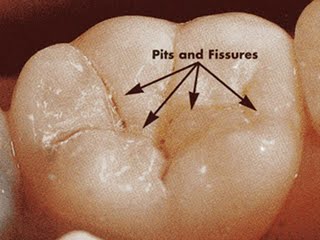
Pit and fissure caries are most commonly found on the chewing surfaces of molar and premolar teeth, and the back of the anterior teeth. Teeth contain multiple layers of enamel, and these layers meet to create small grooves where the plaque is harder to remove with brushing or flossing, making it easier for decay to get a start.
Smooth surface caries are most commonly found where teeth touch or along the gum line. It’s because of these caries that flossing is so important. Flossing regularly and using a manual or power toothbrush in these areas can help prevent cavities that would normally form.
The addition of xylitol to your oral products can help reduce the likelihood of dental caries as well, giving you extra defenses against tooth decay. Xylitol has been studied for over 40 years and has been shown to inhibit the growth of the bacteria that causes dental caries and to reduce the acid that causes the cavities. This is because the main cavity causing bacteria, Streptococcus mutans, cannot metabolize xylitol and therefore can’t grow, and if the dietary sugars are replaced by xylitol there is no acid production.
It is recommended consuming five to seven grams total of xylitol per day, spread out through several servings, to reap these benefits. Without making changes to your usual routine, you can easily incorporate the necessary xylitol. Instead of using a regular toothpaste, floss, or mouthwash, make the easy switch to xylitol based products and you won’t even have to think twice about getting enough xylitol into your daily routine.
Related Articles
Choosing the Right Sugar Free Gum
If your chewing gum contains sugar, you’re basically bathing your teeth in sugar. Many sugar free gums contain acidic flavorings and preservatives that can lead to dental erosion. Many sugar free gums contain artificial sweeteners. These...
Why Xylitol Works
xylitol provides both oral and nasal defenses by its action on the bacteria that cause our problems, and by enhancing our defenses in those areas.
Easiest Way to Reap the Dental Benefits of Xylitol
Most people know that xylitol does something to help prevent tooth decay; and most associate that benefit with xylitol sweetened gum. But when it all began, nearly 50 years ago in Finland, it wasn’t gum that helped, it was diet. A group in...
Choosing the Right Xylitol Toothpaste Brand
Xylitol toothpaste has becoming more and more popular as the latest natural product to help improve dental health. Xylitol toothpaste and other dental products have become popular due to xylitol’s ability to slow the growth of cavity causing...
Effects of Xylitol on Streptococcus mutans
The National Library of Medicine recently published an abstract on how xylitol affects Streptococcus mutans. The study was done by researchers from Finland working for Danisco Labs, a branch of DuPont Nutrition and Health, who also make and...
Is Your Dentist Recommending Xylitol? Why Not?
Xylitol is the most effective way of preventing tooth decay we know of.

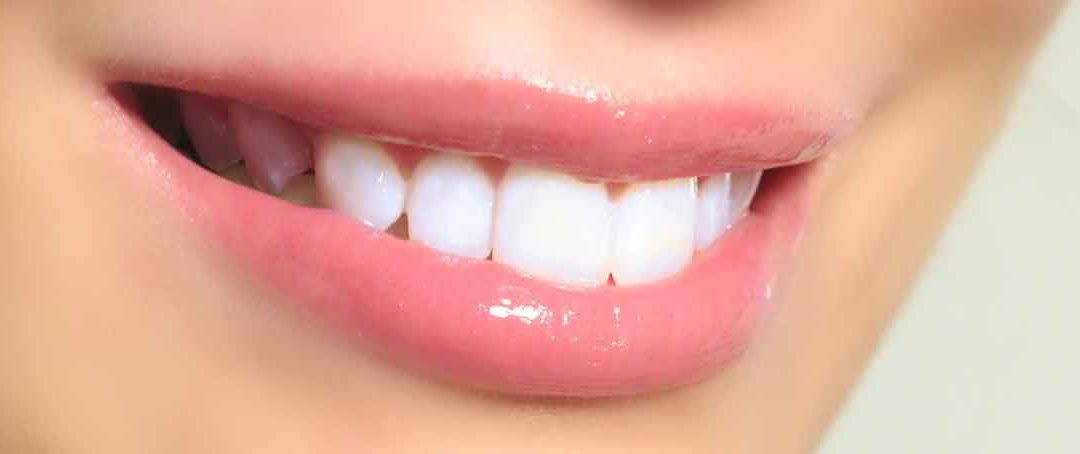
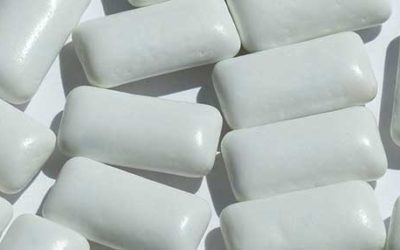
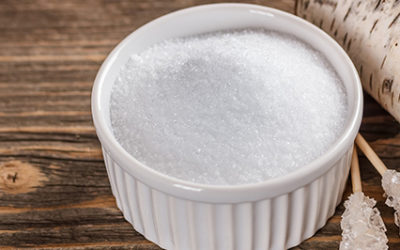
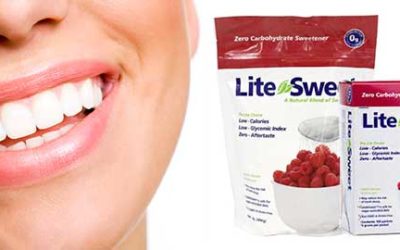
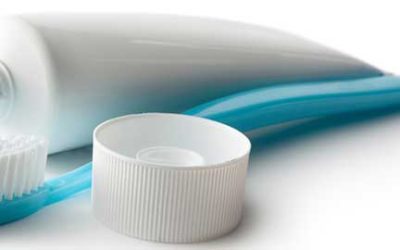

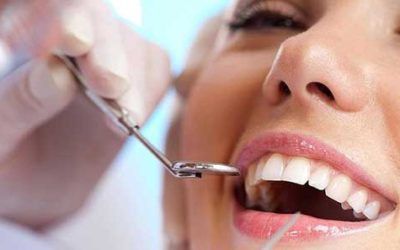




I’m happy to learn more about xylitol. Will this help me with my terrible breath? I don’t go out and interact too much because of my breath and my husband won’t kiss me anymore. What more can I do? Brush twice a day, floss and brush my tongue. I have dental appointments coming up as well. Thanks for your reply and your service.ill keep trying the xylitol products.
Your problem might be due to things. 1) A bacteria in you gastrointestinal tract. If so, go see a gastroenterologist. 2) or it could be due to sinusitis; then you should see an Otorhinolaryngologist